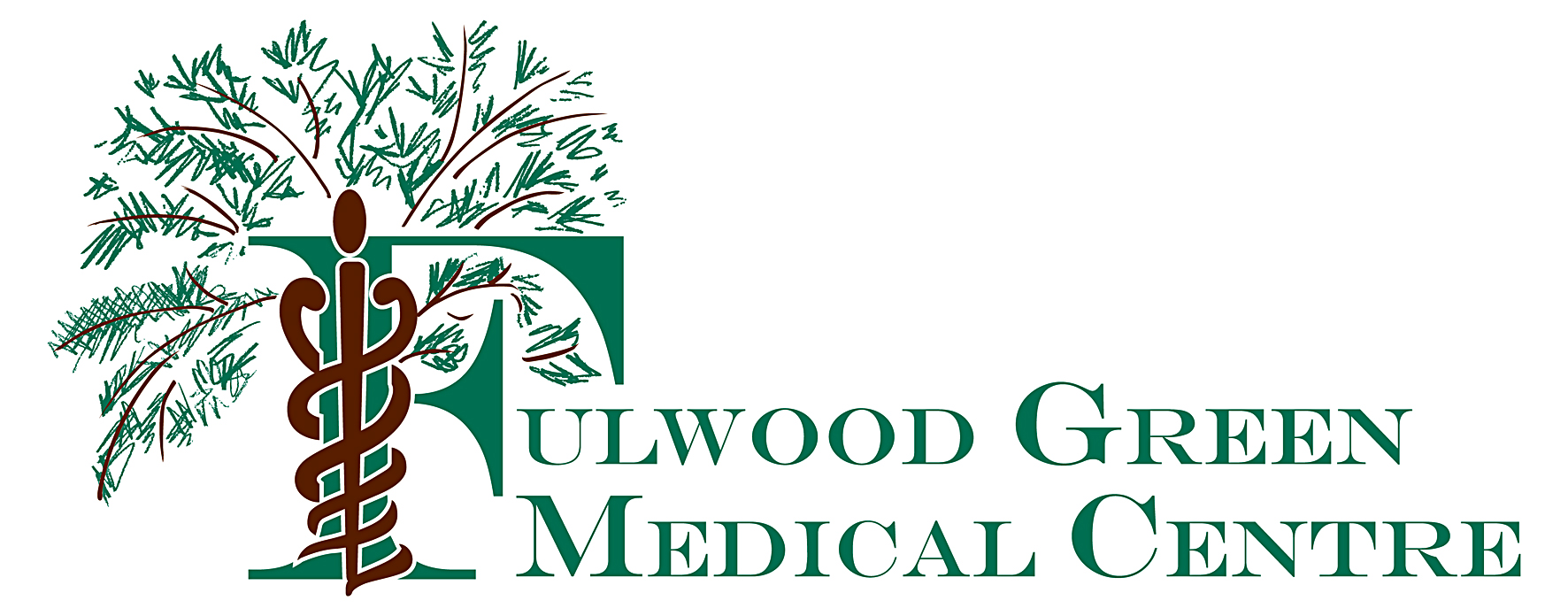Call NHS 111 First

People who need urgent NHS care in Liverpool are being asked to contact NHS 111 before attending an Emergency Department (A&E).
NHS 111 will direct people to the most appropriate health service which may include a walk-in centre, GP practice, pharmacy or hospital.
If patients are assessed as needing to attend a hospital Emergency Department (A&E) then they will be given a booked time slot.
However, people should still dial 999 as normal in a medical emergency.
The enhanced NHS 111 service, part of the national NHS 111 First programme, applies from Tuesday 17 November at each of the following local hospital sites:
- Aintree University Hospital
- Alder Hey Children’s Hospital
- The Royal Liverpool University Hospital
- Southport and Ormskirk Hospital NHS Trust
Dr Nikhil Sharma, of Liverpool University Hospitals said:
“By asking patients to contact NHS 111 first, they will be treated in the right place, right time, first time.
“If patients need hospital care then NHS 111’s booked time slots will help ensure that they are safely socially-distanced in our Emergency Departments.”
Dr Anne Kerr, a Paediatric Consultant at the Emergency Department at Alder Hey Children’s NHS Foundation Trust said:
“NHS 111 will help to reduce waiting times for patients, ease pressures on staff and ensure we are fully prepared for the busy winter period. We are still here for emergency care but if it is not an emergency then please contact NHS 111 first.”
The NHS 111 service provides people with access to a trained professional, and a clinician if needed.
Nationally around 70 per cent of people attending Emergency Departments had just walked in and the majority of those could have been seen through other services such as an urgent treatment centres, GP practice or a pharmacy.
Emergency Departments treat patients in order of clinical priority. Patients who walk into the Emergency Departments without contacting NHS 111 First will still be seen, but those with appointments from NHS 111 will be given priority, unless those patients have a greater clinical need.
This means that contacting NHS 111 first is the quickest way for patients to get the care they need.
People with life-threatening conditions that need emergency attention should still call 999. Likewise, if the condition is not serious then they should still seek advice from their pharmacy or make an appointment with their GP.
To access the service, visit 111.nhs.uk or call 111.
Content provided by One Liverpool, a partnership of local health and care organisations working together to support a healthier, happier and fairer Liverpool for all.
Published on Fri, 20 Nov 2020 12:21:59 GMT
Modified on Mon, 18 Jan 2021 10:20:15 GMT
